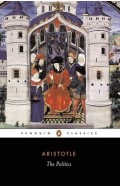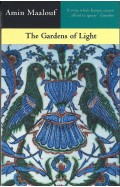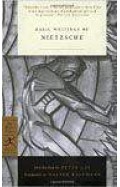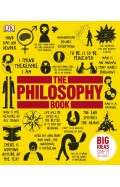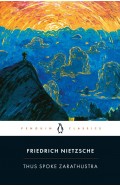Kafka: In Light of the Accident
By: Howard Caygill
-
Rs 2,120.75
- Rs 2,495.00
- 15%
You save Rs 374.25.
Due to constant currency fluctuation, prices are subject to change with or without notice.
By challenging many of the assumptions, misguided presuppositions and even legends that have surrounded the legacy and reception of Franz Kafka’s work during the 20th century, Howard Caygill provides us with a radical new way of reading Kafka. Kafka: In the Light of the Accident advances a unique philosophical interpretation via the pivotal theme of the accident, understood both philosophically and in a broader cultural context, that includes the philosophical and sociological basis of accident insurance and the understanding of the concepts of chance and necessity. Caygill reveals how Kafka’s reception was governed by a series of accidents - from the order of Max Brod’s posthumous publication of the novels and the correction of ‘misprints’, to many other posthumous editorial strategies. The focus on the accident casts light on the role of media in Kafka’s work, particularly visual media and above all photography. By stressing the role of contingency in his authorship, Caygill also fundamentally questions the 20th century view of Kafka’s work as ‘kafkaesque’. Instead of a narration of domination, Kafka: In the Light of the Accident argues that Kafka’s work is best read as a narration of defiance, one which affirms (often comically) the role of error and contingency in historical struggle. Kafka’s defiance is situated within early 20th century radical culture, with particular emphasis lent to the roles of radical Judaism, the European socialist and feminist movements, and the subaltern histories of the United States and China.
By challenging many of the assumptions, misguided presuppositions and even legends that have surrounded the legacy and reception of Franz Kafka’s work during the 20th century, Howard Caygill provides us with a radical new way of reading Kafka. Kafka: In the Light of the Accident advances a unique philosophical interpretation via the pivotal theme of the accident, understood both philosophically and in a broader cultural context, that includes the philosophical and sociological basis of accident insurance and the understanding of the concepts of chance and necessity. Caygill reveals how Kafka’s reception was governed by a series of accidents - from the order of Max Brod’s posthumous publication of the novels and the correction of ‘misprints’, to many other posthumous editorial strategies. The focus on the accident casts light on the role of media in Kafka’s work, particularly visual media and above all photography. By stressing the role of contingency in his authorship, Caygill also fundamentally questions the 20th century view of Kafka’s work as ‘kafkaesque’. Instead of a narration of domination, Kafka: In the Light of the Accident argues that Kafka’s work is best read as a narration of defiance, one which affirms (often comically) the role of error and contingency in historical struggle. Kafka’s defiance is situated within early 20th century radical culture, with particular emphasis lent to the roles of radical Judaism, the European socialist and feminist movements, and the subaltern histories of the United States and China.
Zubin Mehta: A Musical Journey (An Authorized Biography)
By: VOID - Bakhtiar K. Dadabhoy
Rs 892.50 Rs 1,050.00 Ex Tax :Rs 892.50
The Quest For Meaning: Developing A Philosophy Of Pluralism
By: Tariq Ramadan
Rs 1,185.75 Rs 1,395.00 Ex Tax :Rs 1,185.75
The Basic Writings of Nietzsche
By: Peter Gay/Sigmund Freud
Rs 3,865.50 Rs 4,295.00 Ex Tax :Rs 3,865.50
No similar books from this author available at the moment.
Hunting the Double Helix: How DNA is Solving Puzzles of the Past:
By: Anna Meyer
Rs 505.75 Rs 595.00 Ex Tax :Rs 505.75
Zubin Mehta: A Musical Journey (An Authorized Biography)
By: VOID - Bakhtiar K. Dadabhoy
Rs 892.50 Rs 1,050.00 Ex Tax :Rs 892.50












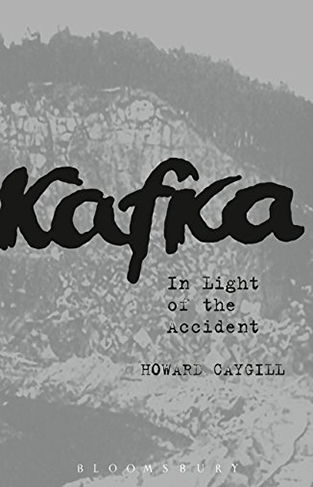
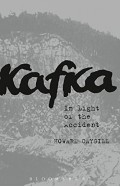
-120x187.jpg?q6)






